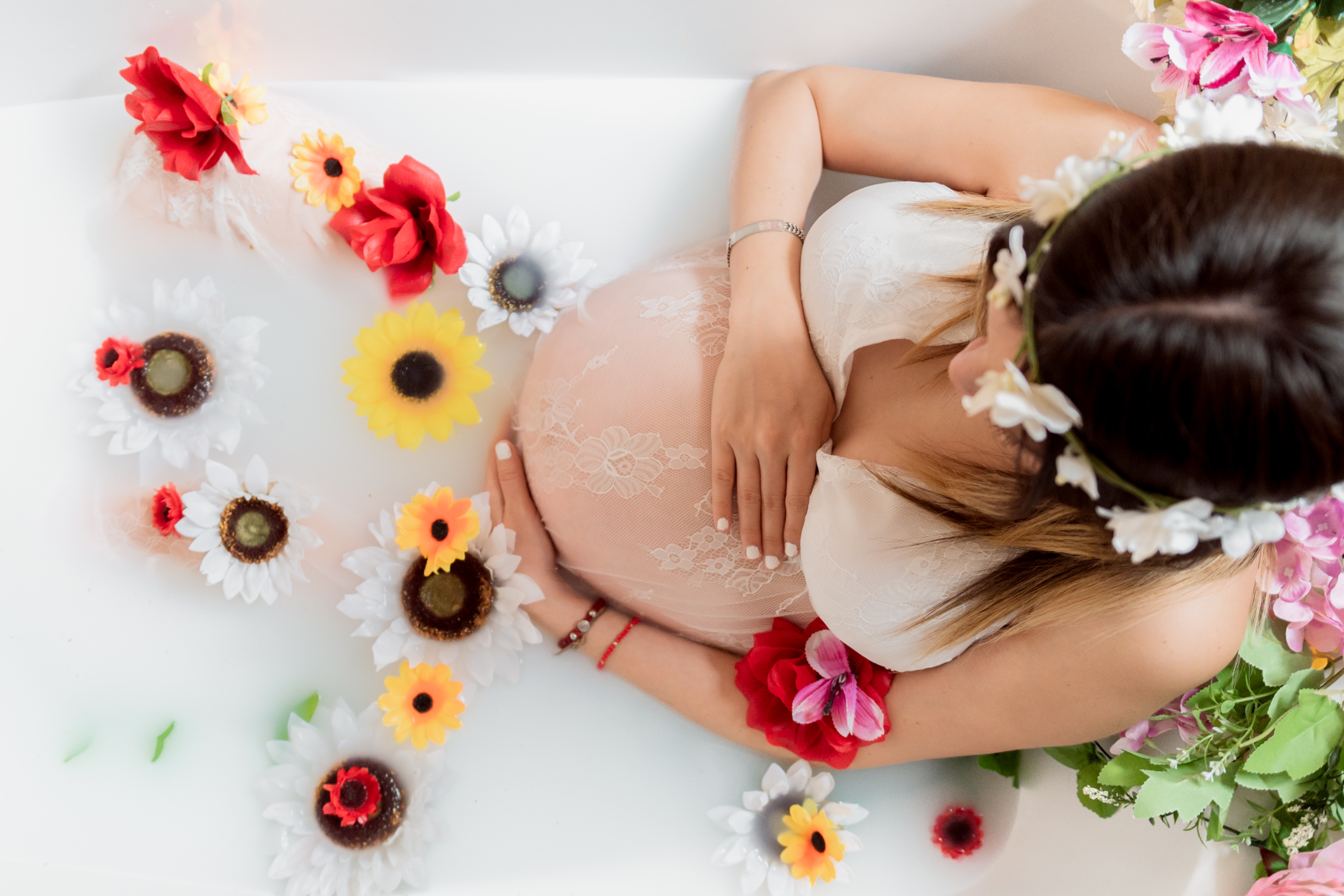
Can A Woman Get Pregnant After Menopause?
by Esther on July 6, 2023 , 7 min read
Menopause, a natural phase marking the end of a woman's reproductive years, raises questions about the possibility of pregnancy. While menopause signifies the cessation of menstrual cycles, it is important to note that pregnancy after menopause is highly unlikely without medical intervention. The decline in fertility and hormonal changes make natural conception rare during this stage. However, assisted reproductive techniques such as in vitro fertilization (IVF) may offer options for women seeking pregnancy after menopause. It is crucial to consult with a doctor to discuss individual circumstances and explore suitable fertility treatments, including the use of prenatal medicines, and supplements for managing PCOD and alleviating period pain.
What is Menopause?
Menopause is a stage that marks the end of a woman's menstrual cycles and fertility. It occurs when the ovaries stop producing eggs and the levels of reproductive hormones, such as estrogen and progesterone, decline. As a result, menstrual periods become irregular and eventually cease altogether.
Perimenopause and Pregnancy:
Before menopause, women go through a transitional phase called perimenopause. During this time, hormonal fluctuations can lead to irregular menstrual cycles. It is still possible to get pregnant during perimenopause, although the chances decrease as a woman gets closer to menopause.
Difference between Menopause, Perimenopause & Postmenopause:
Understanding the distinction between menopause, perimenopause, and postmenopause is crucial. Menopause refers to the point in time when a woman has not had a menstrual period for 12 consecutive months. Perimenopause is the period leading up to menopause, characterized by hormonal changes and irregular periods. Postmenopause refers to the years after menopause.
Risks of Pregnancy After Menopause:
While it is technically possible for a woman to get pregnant after menopause, the chances are extremely low. The decline in fertility and the absence of ovulation make natural conception highly unlikely. However, in rare cases, women may still release eggs sporadically, leading to a surprise pregnancy. It is important to note that pregnancy after menopause carries significant risks for both the mother and the baby.

- Increased maternal age: Pregnancy at an older age, including after menopause, is considered high-risk due to age-related physiological changes and decreased fertility.
- Higher risk of genetic abnormalities: Advanced maternal age is associated with an increased risk of chromosomal abnormalities, such as Down syndrome, in the baby.
- Gestational diabetes: Older women are more prone to developing gestational diabetes during pregnancy, which can lead to complications for both the mother and the baby.
- High blood pressure and preeclampsia: The risk of developing high blood pressure and preeclampsia, a condition characterized by high blood pressure and organ damage, is higher in pregnancies after menopause.
- Increased risk of miscarriage: The risk of miscarriage is higher in pregnancies after menopause, partly due to age-related changes in egg quality.
- Premature birth: Women who conceive after menopause have an increased likelihood of delivering prematurely, which can lead to health challenges for the baby.
- Multiple pregnancies: Assisted reproductive technologies used for pregnancy after menopause, such as IVF with donor eggs, may increase the chances of multiple pregnancies, which carry their own set of risks.
- Physical and emotional challenges: Pregnancy and childbirth can be physically and emotionally demanding, especially for older women. The body may have more difficulty adapting to the changes, and the demands of parenting at an older age may pose additional challenges.
How can I know if I'm going through menopause?
Several signs and symptoms can indicate that a woman is going through menopause. These include irregular menstrual periods, hot flashes, night sweats, mood swings, vaginal dryness, and changes in libido. If you suspect you are experiencing menopause, it is advisable to consult with a doctor for proper evaluation and guidance.

Can you get pregnant after menopause?
While rare, pregnancy can occur after menopause through assisted reproductive technologies (ART), such as in vitro fertilization (IVF) using donor eggs. By using donor eggs from a younger woman and undergoing fertility treatments, women who have reached menopause can have a chance of experiencing pregnancy. However, this process involves careful evaluation, medical supervision, and consideration of the associated risks.
Pregnancy after menopause is highly unlikely naturally, but the advancements in assisted reproductive technologies have provided options for women who desire to conceive later in life. However, it is essential to recognize the potential risks involved and consult with healthcare professionals to make informed decisions. Menopause marks the end of a woman's natural reproductive capacity, and while the journey beyond menopause brings new experiences, the possibility of conception becomes exceedingly rare.

In conclusion, pregnancy after menopause is highly unlikely due to the cessation of ovulation and hormonal changes that occur during this stage of a woman's life. Menopause marks the end of a woman's natural reproductive capacity, and the chances of conceiving naturally diminish significantly. However, advancements in assisted reproductive technologies, such as in vitro fertilization (IVF) using donor eggs, offer a potential pathway for women who desire to conceive after menopause.
It is important to recognize that pursuing pregnancy after menopause through assisted reproductive technologies requires careful consideration, medical evaluation, and guidance from healthcare professionals. Factors such as overall health, potential risks associated with pregnancy at an older age, and the emotional and physical demands of raising a child should be taken into account. While the possibilities exist, it is essential to approach the journey with realistic expectations and understand the potential challenges involved.
Ultimately, every woman's journey through menopause is unique, and the decision to pursue pregnancy after menopause should be based on personal circumstances, desires, and the advice of healthcare professionals.